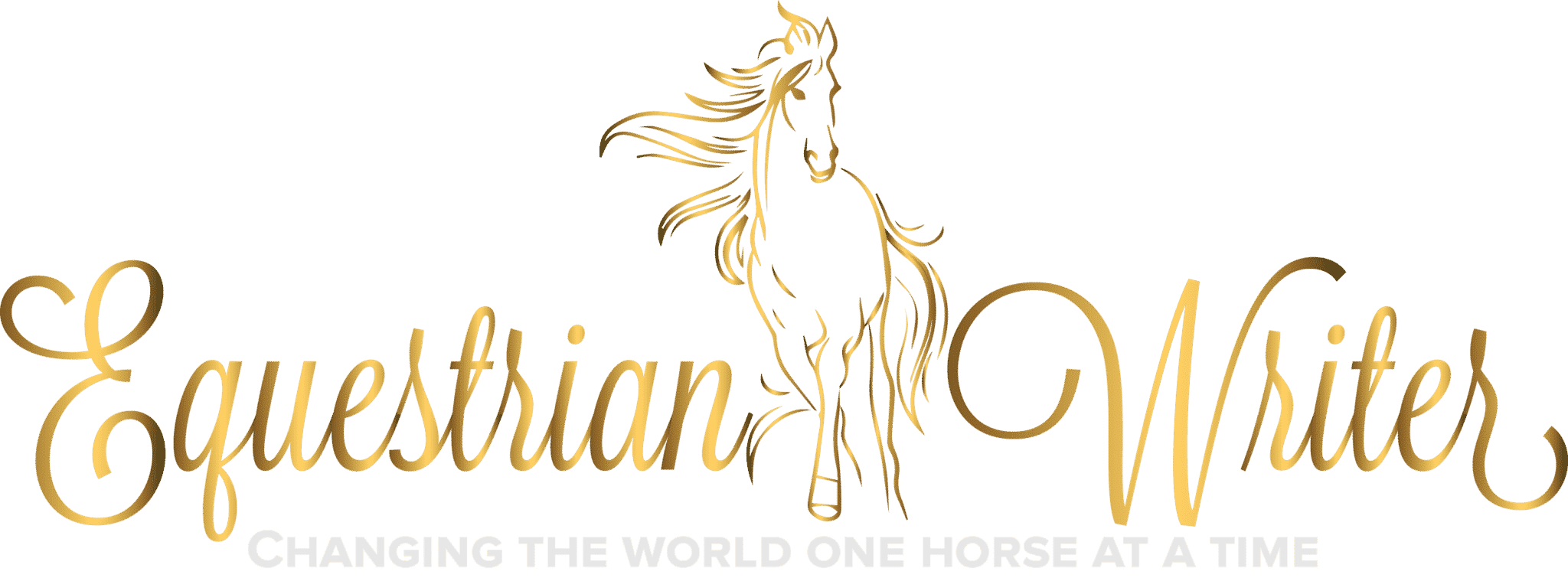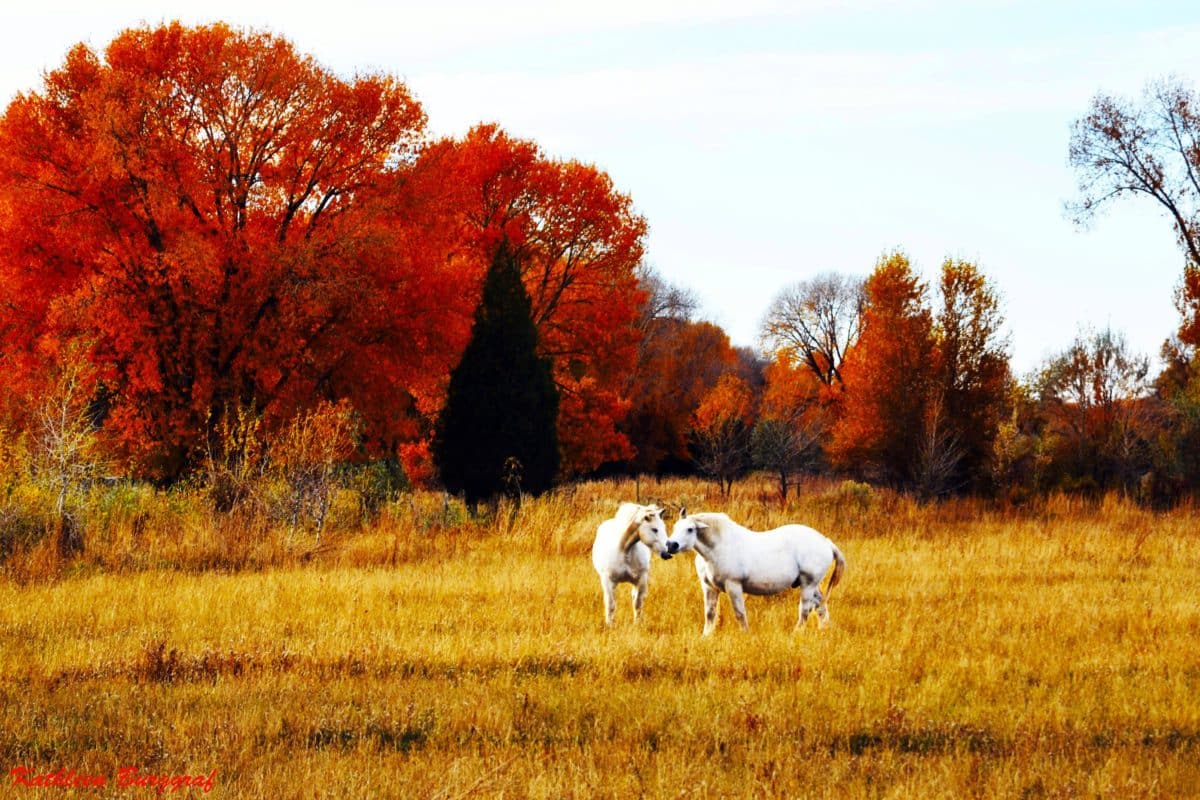
I’ve had several friends ask me “how do you always manage to find these amazing horses?” They look at the horses I have and seem to think that I have this magical ability to find these unicorns in disguise and pick them up for a song.
What’s the secret?
They’re not unicorns when I get them.
Moose, my up and coming project that people like to ooh and aah over? She was a neglected, halter broke, bucking, rearing, sour, belligerent, train wreck when I drug her home.
Punzi, my mother’s placid, tolerant, saintly therapy horse? She was so fat she looked pregnant with quadruplets and was so lazy and belligerent it took five minutes of kicking and cropping to get her going and God help you if you let her stop because it took twice as long to get her going the second time – ok, that might be a little exaggerated, but being the one who trained the laziness out of her, that’s what my leg muscles tell me it felt like.
Pascal (also affectionately known as Nutterbutter), the “hot” Arab-cross that finally broke my dad of his “every horse is for sale for the right price” mentality and can be ridden all day on the trail in the worlds tiniest snaffle? She was a fire breathing dragon-giraffe-maniac-crazy-nutball-serial-killer-in-the-making that had never been weaned from her two-year-old filly and was so hopped up on alfalfa (horsey crack) that her brain was on fire.
I could continue on, but I think you get the point. One rider’s trash is another rider’s treasure. All three of these horses would have continued down the disastrous paths they were on if they would have landed in the wrong hands.
So, how do you do it?
Treat them like horses.
I know, you’re thinking: whaaaat? Of course they’re horses! What else would I treat them like?
Don’t treat them like fragile human babies who need to be coddled. Horses need discipline and structure. They need to know who is the leader and who is the follower. Hugs and cuddles are a vague gray area that only serve to confuse them if they do not already understand their place in the herd dynamic.
That is not to say though that everything must be military-strict discipline. Horse need social “off-duty” time as well. Whether you spend that time grooming or hand grazing, the rules of respect and personal space should always be enforced just as it would be with other horses.
If your horse steps towards you while grooming, it is too easy to give ground and step back. It seems like such a little thing. But you are actually teaching him that he can run over you at any time. So next time he sees something scary, he won’t think twice about running you over to escape it because running you over will be a habit. If you are hand gazing and you keep walking after the horse and letting him go wherever he wants to go, you’re teaching him that he can pull you around and that he doesn’t have to listen to you if he doesn’t feel like it. So next time you try to load him onto the trailer or lead him over an obstacle he’s never seen before, he might decide to pull away because pulling is a habit and he’s used to getting away with it.
It’s the little details that matter most.
I get lots of people saying: “Oh, I would feel mean enforcing so many rules on my horse.” Yet those same people marvel at what a great horse I have. She’s not great because she was just born that way. She’s just well-trained because I enforce every little rule 24 hours a day, 7 days a week, 365 days a year, no exceptions, no excuses.
That’s not to say that I don’t make mistakes. I’m only human and no one is perfect. But if you try to enforce the rules 100% of the time and have a 5% failure rate, that’s still a 95% success rate. That’s still an A on every grading scale I’ve ever seen. That horse is going to be very well-behaved. But if you only ever try to enforce the rules 50% of the time, then figure in the 5% failure rate, that’s a maximum success rate of only 45%. 45% puts you at an F. You’ve failed before you’ve even begun.
It’s not a matter of one horse being better than another. Going out and spending $10,000 on a top bred horse won’t do you a lick of good if you don’t put the time, energy, and effort into training it right and enforcing the rules 100% of the time.
It’s not a matter of one horse being better than another. Going out and spending $10,000 on a top bred horse won’t do you a lick of good if you don’t put the time, energy, and effort into training it right and enforcing the rules 100% of the time.
Tweet
Photo by Sarah Leo









